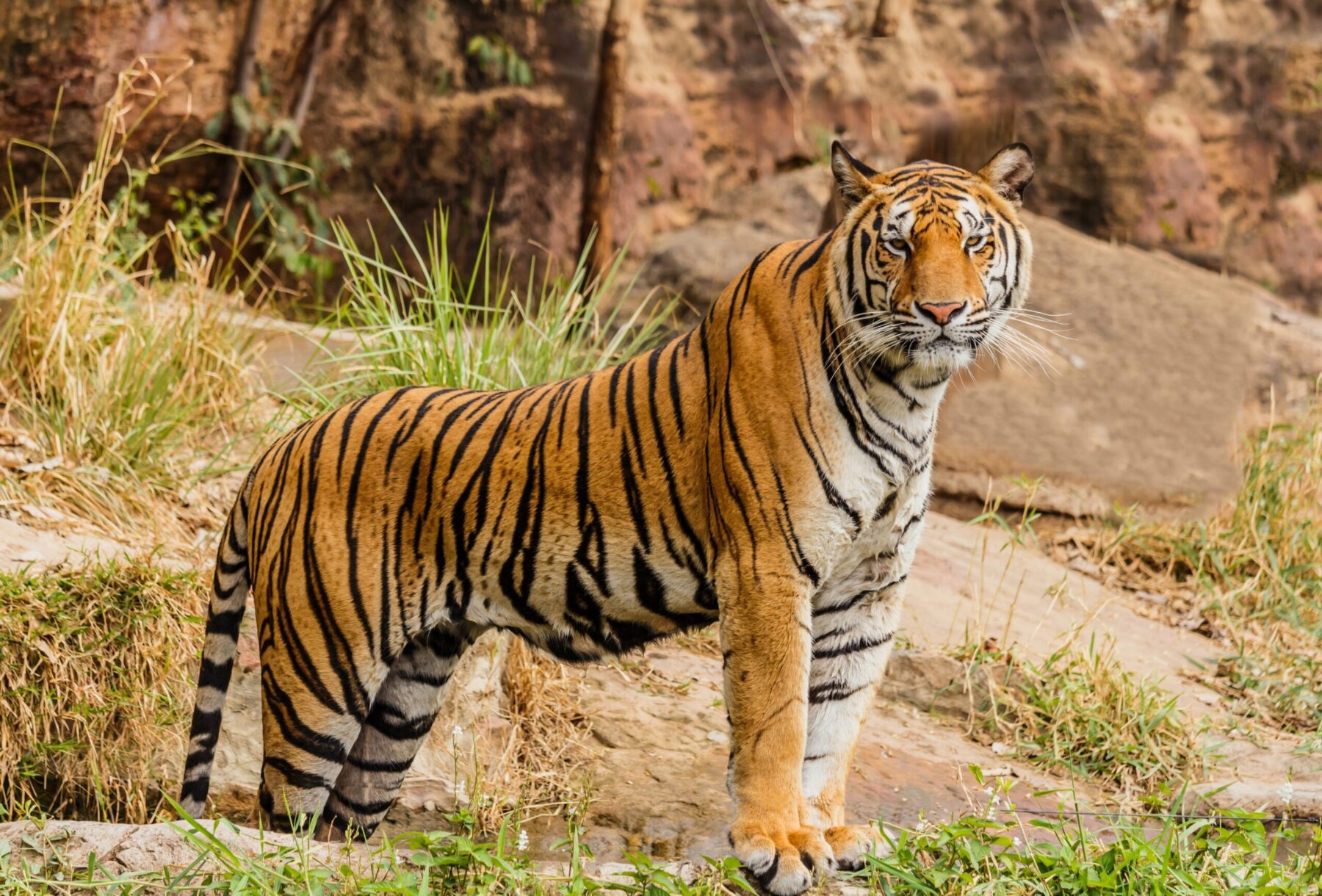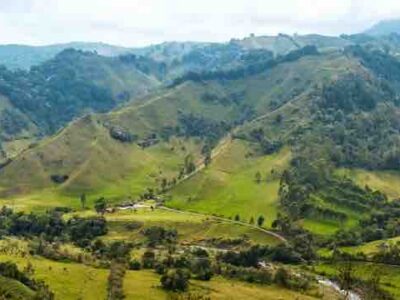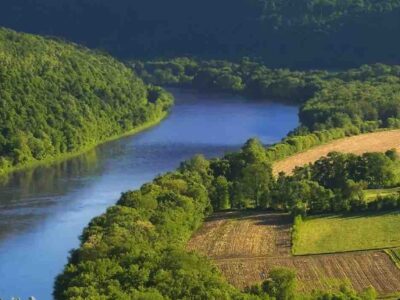The changing climate has undoubtedly affected wildlife, but it’s not the only thing harming the natural world. Poachers, disease, and habitat loss have pushed some species to the brink of extinction. Protecting these creatures and conserving their habitats are ever-more necessary if we hope to keep populations up. On Dec. 4, join the campaign to save animals on World Wildlife Conservation Day.
It was founded in 2012 by then-Secretary of State Hillary Clinton as a rallying cry for conservationists to increase their efforts in protecting wildlife from human interference. Clinton even outlined a White House strategy for ending animal trafficking. A decade later, the observance has raised awareness about how everyone can aid in these initiatives.
Perils Facing Wildlife
Wildlife crime is still a serious problem today, with poaching and trafficking animal rings flourishing:
- Rhinos and elephants are hunted for their horns and tusks for ivory.
- Tigers are killed for their pelts.
- Lemurs and gorillas have been trafficked as pets.
Pollution and the changing climate change have had an even greater effect. Sea turtles are endangered due to ocean acidification killing coral reefs where they feed. Industrial waste runoff critically threatens finless porpoises in the Yangtze River in China.
These are just a few examples of animals severely affected by global warming and crime. Browsing the World Wildlife Fund’s (WWF) extinction status list, you can see many species of leopards, gorillas, orangutans, tuna, and sharks that are vulnerable due to crime or pollution.
Donations and Wildlife Adoption
One way humans can do their part is to conserve the animals and habitats that are still flourishing. A strong park ranger force is needed to tackle trafficking and poaching.
Proceeds from donating to the WWF go directly toward training rangers, many of whom are the last line of defense for babies at risk of capture.
Rangers are also risking their lives against poachers, as corruption has weakened hunting restrictions in protected lands in Africa and Asia. They can effectively chase illegal hunting with the right gear and training. Ending poaching is critical to keeping the tourism economy up in smaller villages with abundant access to wild animals.
Adopting an endangered animal on the WWF website is another way to aid global conservation efforts. It helps fund expanded protection for species like tigers, penguins, elephants, and pandas.
Responsible Hunting Practices
Here in the U.S., preserving our wildlife can involve making smart choices about hunting and fishing. While these sports are still allowed, limiting how much game and what you hunt is essential.
Be aware of the land you are hunting on as federal regulations and Tribal laws protect many areas, or they can be protected habitats for endangered species. Also, educate others about conservation and how they can aid in the fight against poaching and climate change.
Our wellness is tied to the well-being of the other creatures that live on the planet. On Dec. 4, we hope you will act to help the beautiful animals that make the Earth a joy to inhabit.





